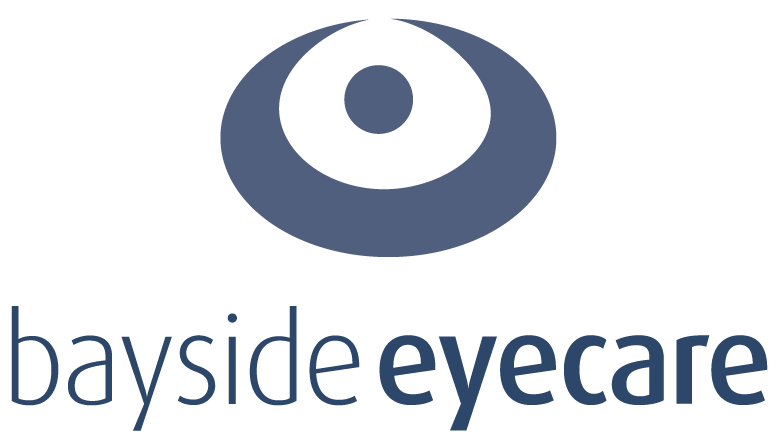Vision plays a significant role in how children perceive and interact with the world around them. Because of this, detecting vision problems early in children is crucial for their overall development.
From learning to read and write to engaging in sports and other activities, good eyesight is fundamental. However, children often may not realise or communicate their visual difficulties effectively, making it essential for parents and caregivers to be vigilant for any signs of vision problems.
Warning Signs to Watch Out For
The following signs are important to look out for, as they may indicate potential vision issues in children. Recognising these early can lead to timely intervention, ensuring that vision problems do not hinder a child’s growth and learning.
1. Squinting
When children frequently squint, it might indicate a refractive error like myopia or hyperopia. Squinting can temporarily improve focus and clarity, suggesting that the child is struggling to see clearly.
2. Excessive Blinking
Persistent, excessive blinking in children can signal various vision issues, including eye strain or dry eyes. It can also be a reflex to help refocus or clear their vision, indicating potential underlying eye problems.
3. Rubbing Eyes
Frequent eye rubbing, especially when not tired, may suggest eye fatigue or irritation. This behaviour can be a response to vision difficulties such as allergic conjunctivitis or eye strain from struggling to see.
4. Avoidance of Reading or Near Work
If a child consistently avoids activities like reading or working on close-up tasks, it may indicate a vision problem. This avoidance can stem from difficulty focusing up close, a common issue in conditions like farsightedness or convergence insufficiency.
5. Complaints of Sore Eyes or Headaches
Regular complaints of sore eyes or headaches, particularly after visual tasks, can be a crucial warning. These symptoms often arise from eye strain caused by uncorrected vision issues, signalling the need for a professional kids’ eye test.
6. Blurry Vision and Difficulty Seeing at a Distance
Children expressing difficulty in seeing distant objects or experiencing blurry vision might be showing signs of myopia (nearsightedness). This common condition affects the ability to see faraway objects clearly and is crucial to diagnose early.
7. Eye Turn and Head Tilts
An eye that turns in or out, or frequent head tilting when focusing, can indicate strabismus or other binocular vision problems. These issues can affect depth perception and eye coordination, needing prompt attention.
8. Pink Eyes
Persistent pinkness or redness in the eyes might suggest an infection or inflammation, like conjunctivitis. However, blood shot eyes in kids can also be a sign of eye strain or allergies, both of which can impact a child’s vision.
9. Increased Sensitivity to Light
Children who exhibit an increased sensitivity to light, often squinting or avoiding brightly lit areas, might be experiencing photophobia. This can be related to refractive errors or other eye health issues that require professional assessment.
10. Poor Academic Performance
A decline in school performance can sometimes be linked to undiagnosed vision problems. Difficulty reading, seeing the board, or concentrating on visual tasks can significantly impact a child’s learning and academic success.
Link Between Vision and School Performance
Vision plays a pivotal role in a child’s learning and academic success. Struggles with vision can lead to difficulties in reading, writing, and understanding visual information, which are core aspects of education. Eye teaming skills, the ability of both eyes to work together effectively, are essential for reading and comprehension.
These skills enable accurate and comfortable tracking of text and help in processing visual information efficiently. Without proper eye teaming, children may find reading and learning to be challenging, often leading to poor academic performance and a decreased interest in educational activities.
Importance of Early Detection and Kids’ Eye Care Treatment
Early detection of vision problems through an eye test for kids is key to ensuring children have the visual tools they need for successful development and learning. Regular eye examinations are crucial as they can identify issues before they significantly impact a child’s daily life.
Once detected, a range of treatments and interventions, including vision therapy and corrective lenses, can be tailored to the child’s specific needs. Vision therapy can address problems like eye teaming and focusing issues, while corrective lenses can help with refractive errors.
Early treatment not only improves vision but also enhances overall quality of life and academic performance.
Bayside Eyecare is Here to Help with Your Child’s Vision
Vigilance in monitoring children’s vision health is vital. Early detection of issues can significantly impact their learning and development, so it’s important to consult an optometrist if you notice any signs of vision problems in your child.
When getting an eye test, kids need a professional optometrist who can make the experience fun and stress-free. Bayside Eyecare has extensive expertise in behavioural optometry, and our optometrists are committed to ensuring your child has optimal visual health and development.
To book an appointment, simply give our friendly team a call on (03) 9596 1238 or complete our online form today.

 (03) 9596 1238
(03) 9596 1238


